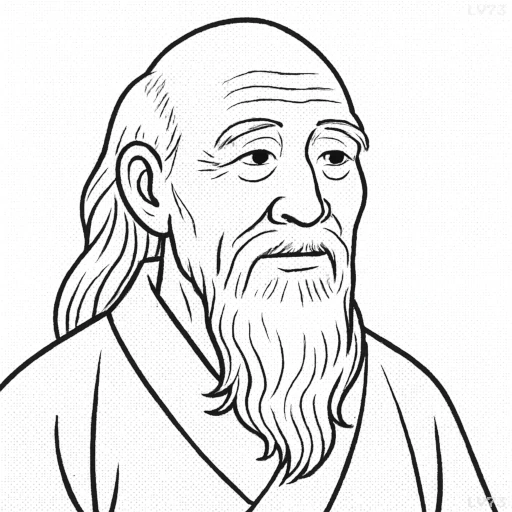“He who does not trust enough, Will not be trusted.”

- 571 BC? – 470 BC?
- Born in China
- Philosopher
table of contents
Quote
“He who does not trust enough, Will not be trusted.”
Explanation
This quote reflects Laozi’s belief in the reciprocal nature of trust and the importance of mutual respect in relationships. Trust is foundational to human connection, and Laozi suggests that in order to receive trust from others, one must first be willing to offer it. If a person is reluctant to trust others, it creates an environment of suspicion and distrust, making it less likely that they will be trusted in return. This highlights the interdependence between people—trust is not something that can be demanded, but something that must be given freely in order to be received.
In modern life, this principle is vital in both personal relationships and professional settings. For instance, in the workplace, leaders who demonstrate trust in their employees often see greater cooperation and loyalty, while individuals who are open and trusting in friendships typically experience deeper and more fulfilling connections. Trust, when cultivated, fosters a positive environment where individuals feel empowered to act with confidence and mutual respect. On the other hand, mistrust can lead to isolation, resentment, and inefficiency, whether in personal relationships or business partnerships.
This quote also touches on the psychology of trust—that in order to build healthy relationships, individuals must be willing to take risks and be vulnerable. If a person consistently doubts others or holds back their own trust, they create barriers that make it difficult to build strong, meaningful bonds. By embracing trust as a foundational element of human interaction, we not only receive it from others but also contribute to a positive cycle of mutual respect and understanding.
Would you like to share your impressions or related stories about this quote in the comments section?

